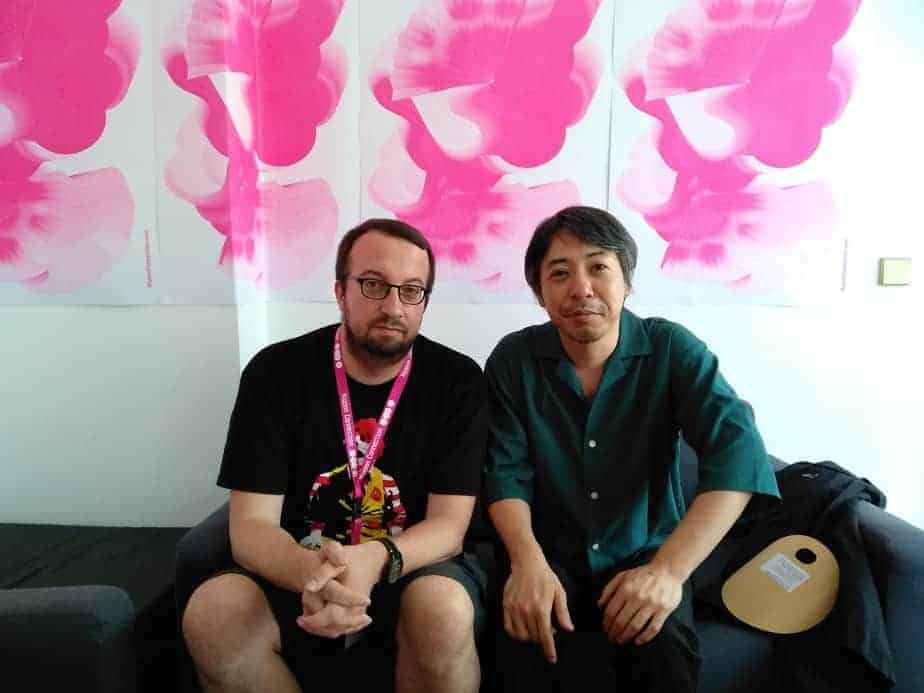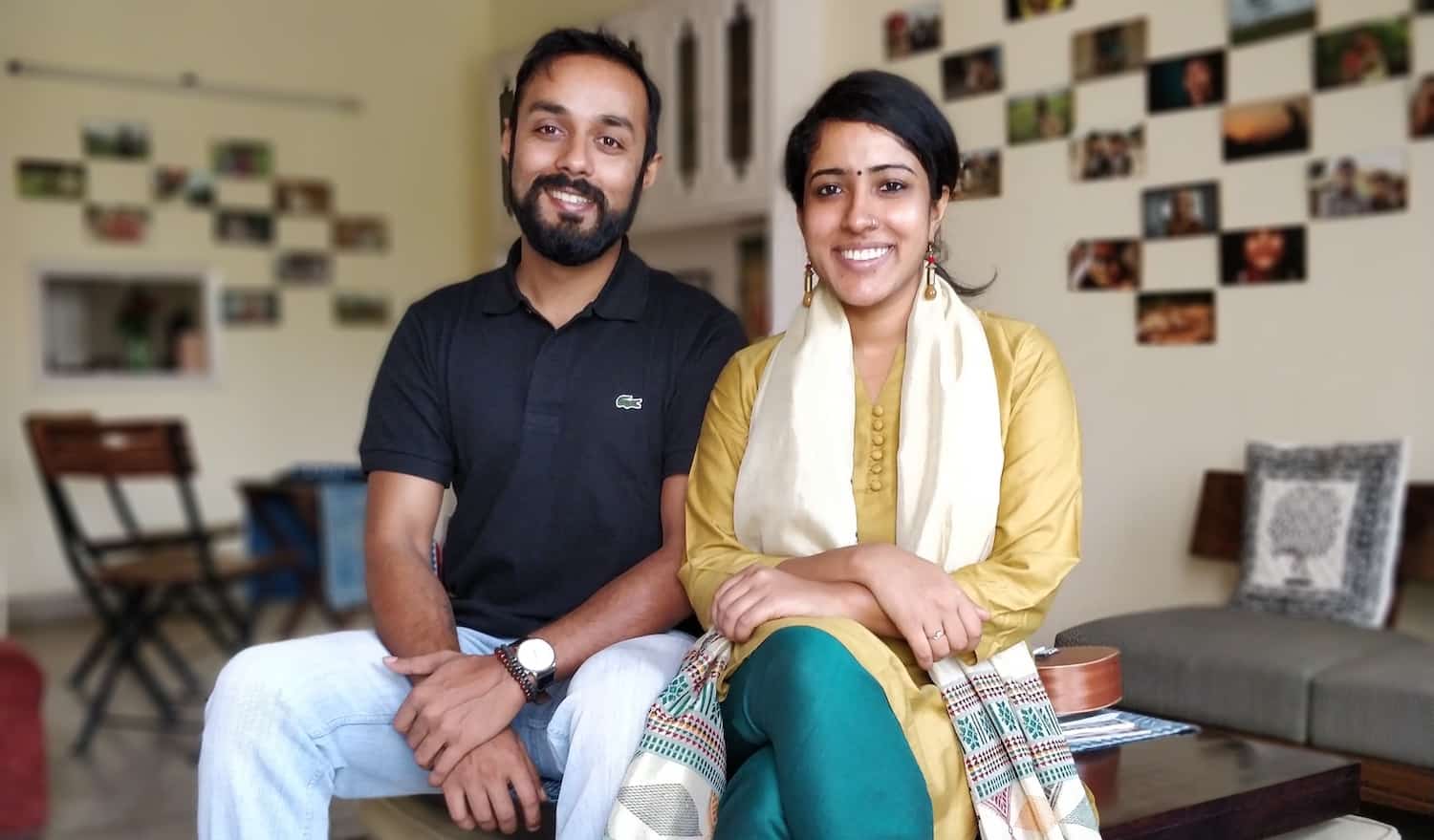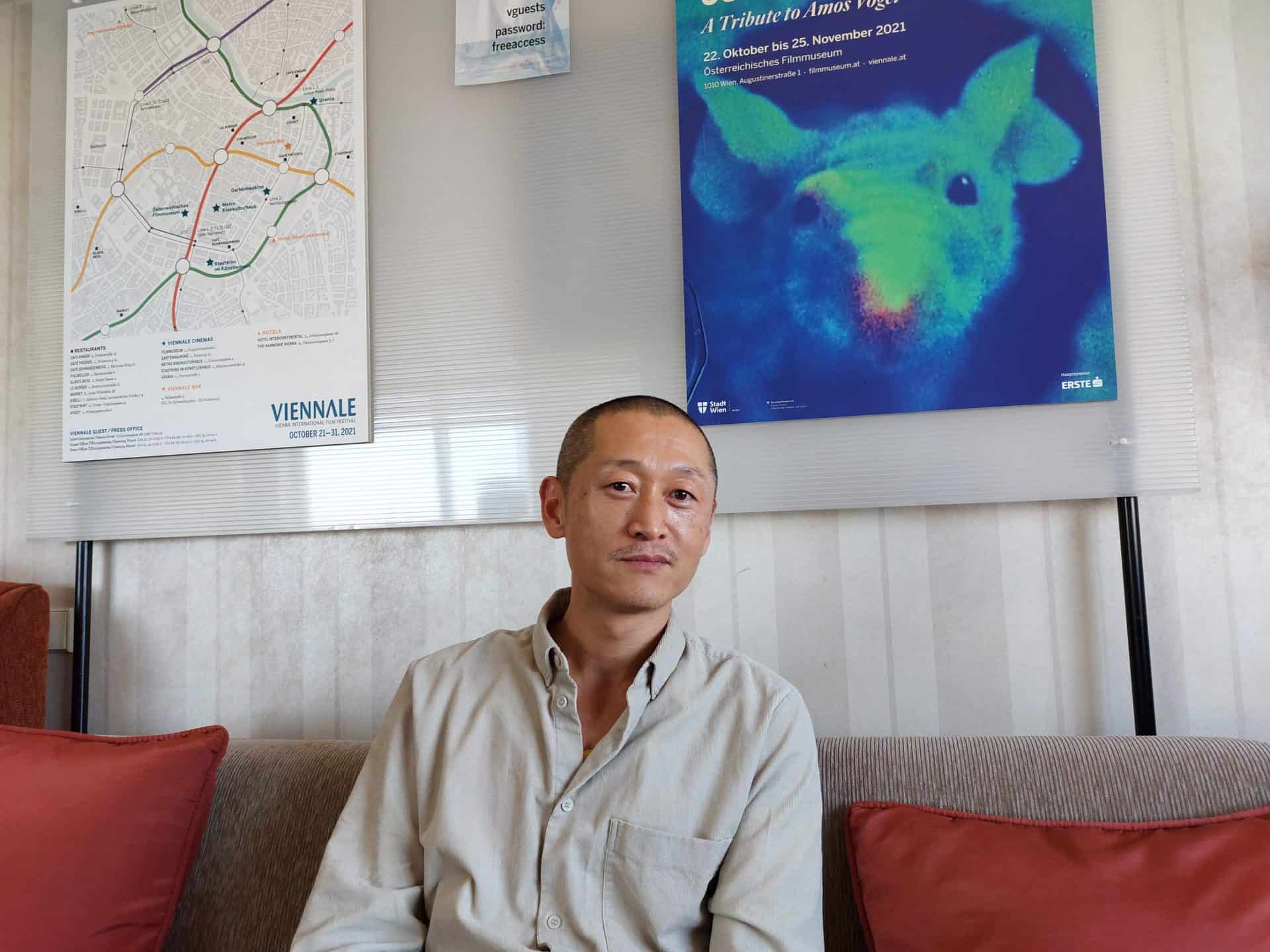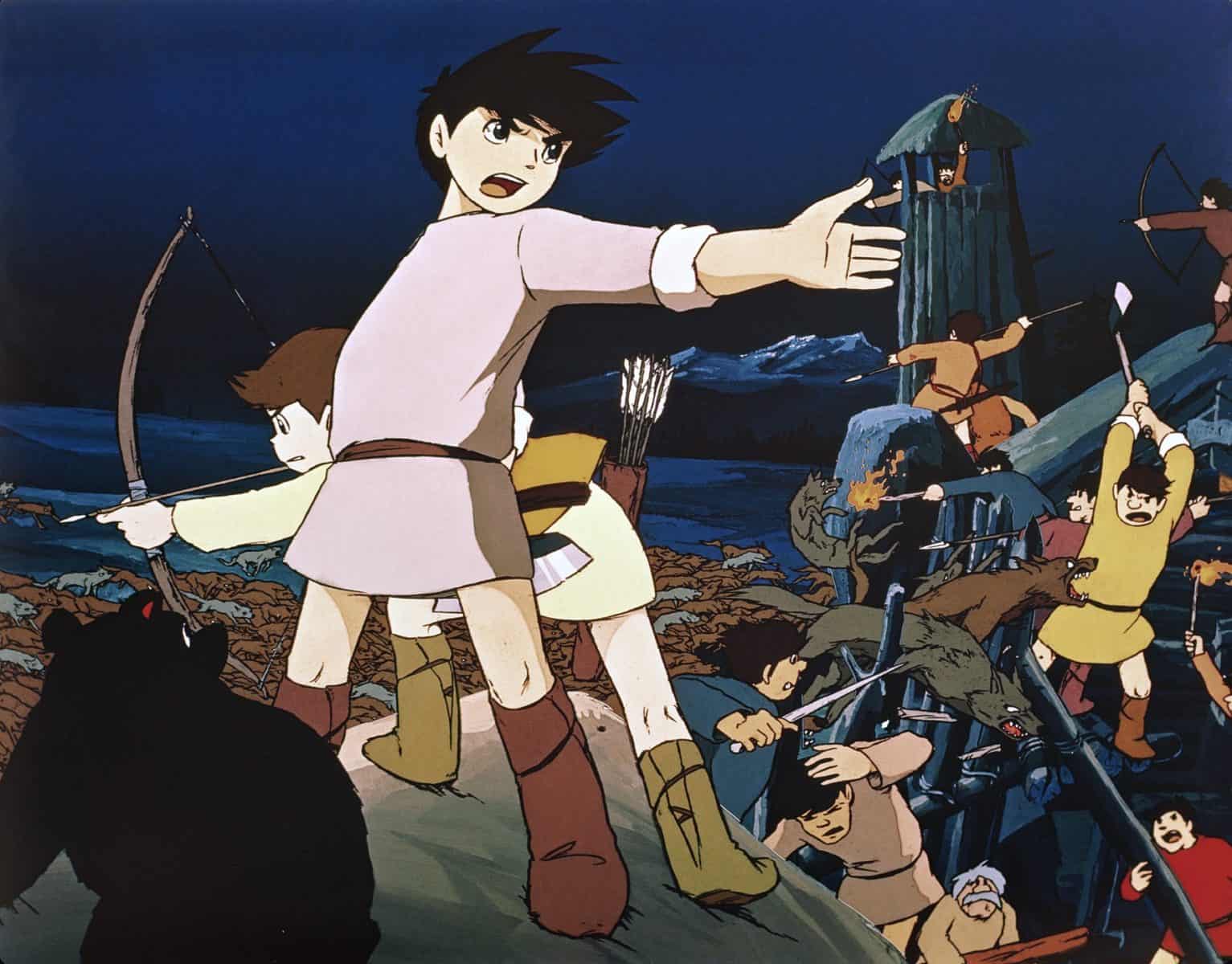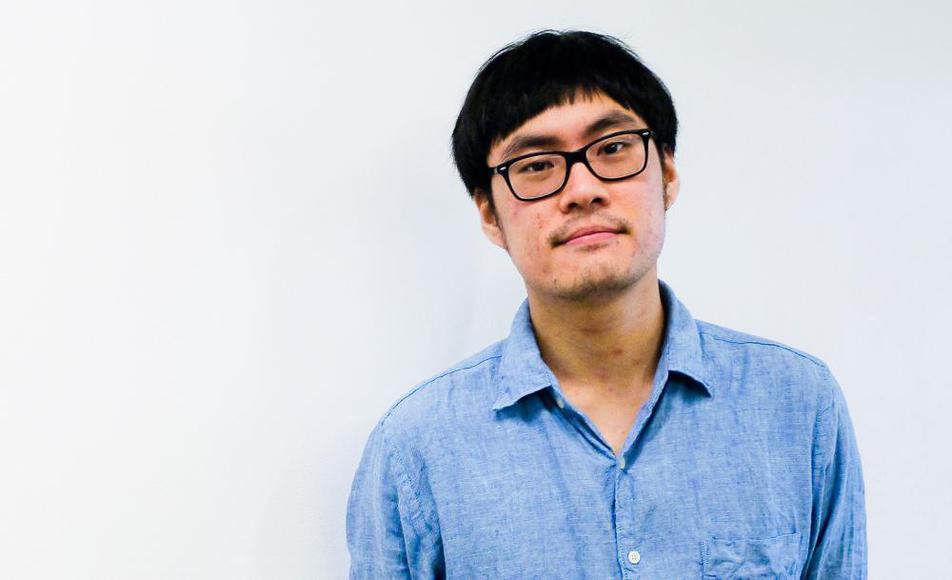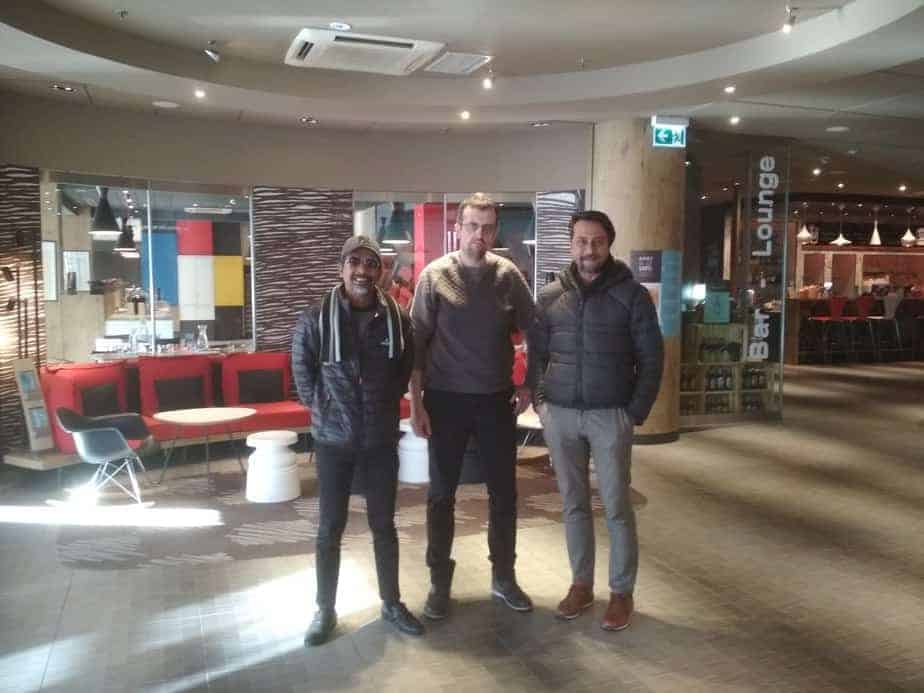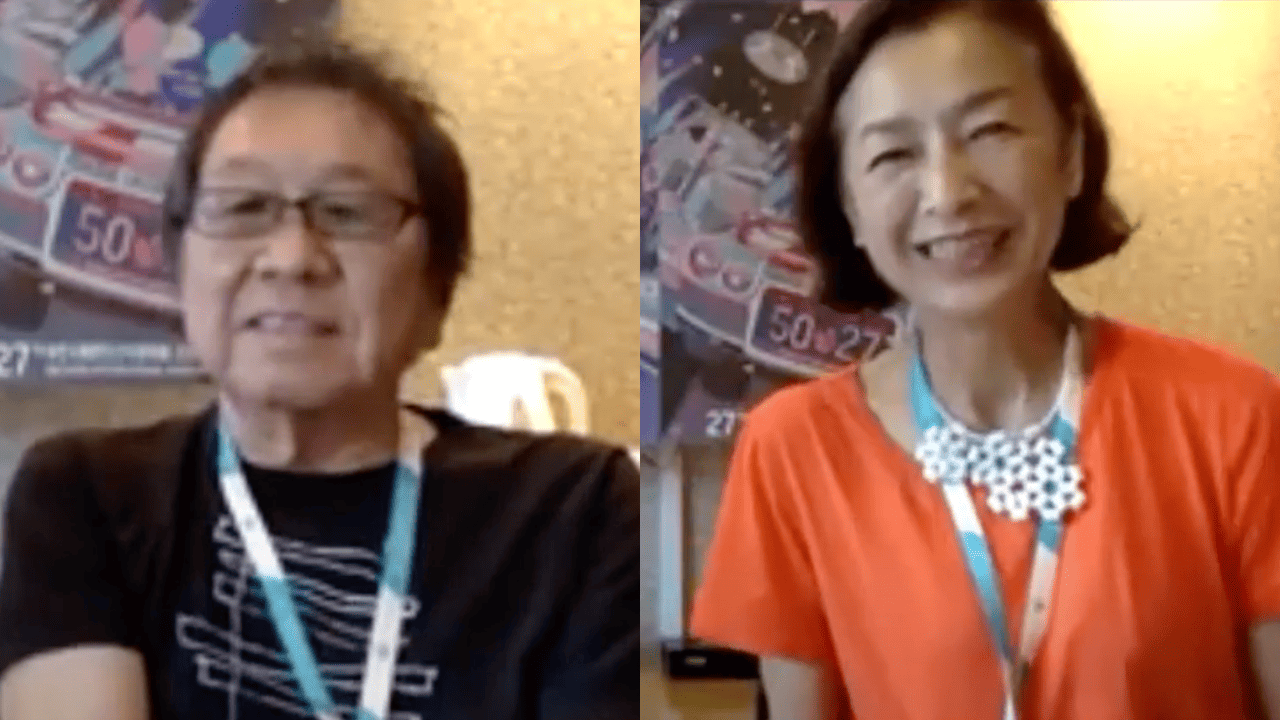Japanese filmmaker Toshiaki Toyoda has been making the news lately. Sadly, not with any of his films, but with being falsely arrested for the possession of a firearm. Since this has not been the first time Toyoda has come into contact with Japanese authorities, it also significantly slowed down the release of his latest project “The Planetist”, a documentary about the Ogasawara Islands, beautiful islands which can only be accessed via ship.
We sat down with the director to talk to him about his films “The Miracle of Crybaby Shottan”, which is screening at Nippon Connection, and “The Planetist” but also about his latest experiences with the Japanese authorities.
“The Miracle of Crybaby Shottan” is screening at
Nippon Connection

I would like to start the interview with a question about your recent arrest. However, you do not have to answer if you do not want to.. What happened? Since this is not the first time something like that happens to you, do you feel you are being persecuted by the authorities?
What happened was I was in the process of shooting “The Planetist” which deals with a person who owns marijuana. The actor playing the part was later on arrested for drug possession, but was found not guilty. Since I live at the same address the police eventually also arrived at my doorstep and found a firearm which I inherited from my grandmother. It was a weapon from World War II and was no longer working.
Recently I watched “The Planetist”. Why did you decide to shoot a movie about and on Ogasawara Islands? How did you manage to bring all these celebrities to these remote islands?
Al these people are personal friends of mine and so basically invited them to have a good time with me on the islands. We also met the chief who brought us to sessions where we saw, for example, musical performances.

What made you shoot a movie about Shoji Segawa, and how much of a help was the fact that you were also a shogi player in the past?
I have been wanting to make a film about shogi for a long time and the book about Shoji Segawa's life touched me very much. Up until the point where he leaves the world of professional players the story was more or less the story of my life. However, when I had to decide to become a professional shogi player I stopped and followed my interest in film, whereas Segawa later returned to the world of shogi and turned pro. His story really impressed me.
Why did you stop playing shogi then?
I was 17 years old then and had to make a choice to either pursue a career as a professional player focusing all of my attention on the game or follow other dreams. And since I also had other interests at the time and was not willing to concentrate my whole life on shogi I stopped playing.
You also see that in “The Miracle of Crybaby Shottan” when going drinking with your buddies is basically regarded as an unwelcome distraction from the game. Shogi, at this point, in your life becomes everything and you have to focus only on the practice of the game.
What kind of research and preparation did you do for the film? Did you spend time with Segawa?
When I was working on the script for the film I did not meet him and, to be honest, I did not want to since I focused on my impression of the book and my life experiences. Nevertheless, when shooting began Segawa came to the set, gave me instructions and helped me. Ever since then we have become close friends.

How was the experience of cooperating with Ryuhei Matsuda again after “I'm Flash” in 2012? How do you feel he has changed since your first collaboration in 2001 with “Blue Spring”?
When we shot “Blue Spring” Ryuhei was not even 20 years old and quite inexperienced when it came to acting and the process of making a film. In the case of “I'm Flash” he knew a lot more and was able to enjoy the experience a bit more. Now, he has become a very skilled actor who seeks discussions about his character in order to develop it. He has become quite a good actor.
In general, how was the casting process of the film? The cast includes a number of “big names”, Takako Matsu, Satoshi Tsumabuki, Jun Kunimura. How did you manage that? How was your cooperation with Kiyohiko Shibukawa, who is also here in Nippon Connection?
I am quite popular with actors and actresses in Japan. When they hear about me shooting a new film they, of course, want to be a part of it. In fact, there was a huge interest in playing a role in “The Miracle of Crybaby Shottan”, but I simply did not have that many characters in the film.
This explains why Mr Shibukawa stated he would also work for free if it was for a movie directed by Toshiaki Toyoda.
Kiyohiko was one of the actors who was eager to learn about the practice of shogi and came to the set well-prepared. If I am sent to jail and suddenly I was released, I guess he would be the one picking me up with his car.
What was the shooting like? Any memorable episodes, good or bad?
Well, one of the most difficult things to learn is setting down the shogi tiles on the board which the actors had to learn. Actually, from someone's hands you can see if this person is a good shogi player or not.
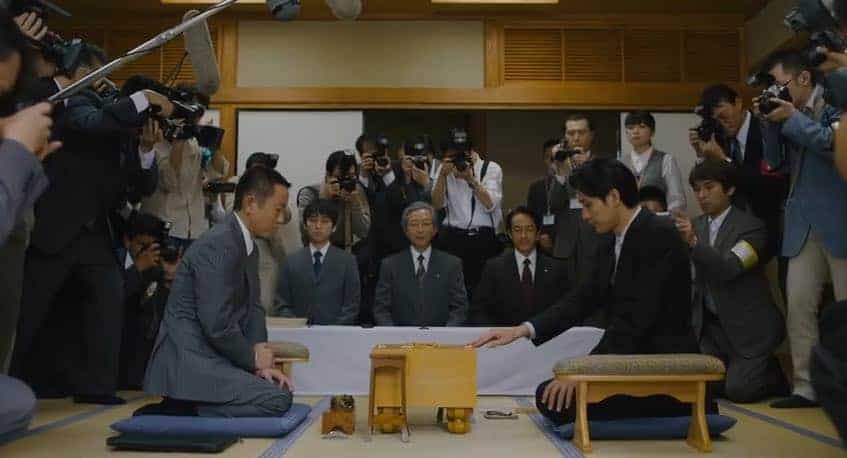
Also, the scene in which Ryuhei sank into the streets was quite difficult to shoot. Even though only 30 seconds made it into the film, the first cut of that scene was 15 minutes long. And we had to shoot it several times.
Are you working on anything new at the moment?
I have made ten films in 20 years, which is not that much. There are many people in the industry who have produced more films than me. However, since I was recently arrested for the possession of one, I would very much like to direct a film about firearms. I will be like a sequel to “9 Souls”.
So, will this be the return of the cinema of the angry young man like in the films at the beginning of your career?
I am quite angry at the Japanese state at the moment. Japan, at this point in time, is a dangerous place to live. It has become a fascist state. And this will be in my next film about firearms.


